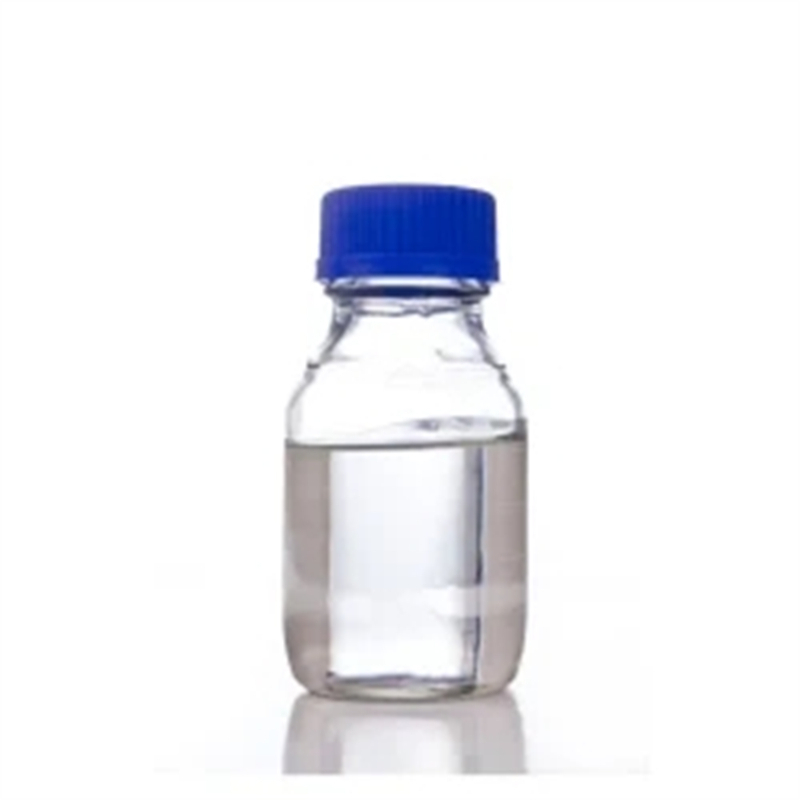 Email: sale@hebeidisha.com
Email: sale@hebeidisha.com
 Tel: +86 13315186550
Tel: +86 13315186550
- Afrikaans
- Albanian
- Amharic
- Arabic
- Armenian
- Azerbaijani
- Basque
- Belarusian
- Bengali
- Bosnian
- Bulgarian
- Catalan
- Cebuano
- China
- China (Taiwan)
- Corsican
- Croatian
- Czech
- Danish
- Dutch
- English
- Esperanto
- Estonian
- Finnish
- French
- Frisian
- Galician
- Georgian
- German
- Greek
- Gujarati
- Haitian Creole
- hausa
- hawaiian
- Hebrew
- Hindi
- Miao
- Hungarian
- Icelandic
- igbo
- Indonesian
- irish
- Italian
- Japanese
- Javanese
- Kannada
- kazakh
- Khmer
- Rwandese
- Korean
- Kurdish
- Kyrgyz
- Lao
- Latin
- Latvian
- Lithuanian
- Luxembourgish
- Macedonian
- Malgashi
- Malay
- Malayalam
- Maltese
- Maori
- Marathi
- Mongolian
- Myanmar
- Nepali
- Norwegian
- Norwegian
- Occitan
- Pashto
- Persian
- Polish
- Portuguese
- Punjabi
- Romanian
- Russian
- Samoan
- Scottish Gaelic
- Serbian
- Sesotho
- Shona
- Sindhi
- Sinhala
- Slovak
- Slovenian
- Somali
- Spanish
- Sundanese
- Swahili
- Swedish
- Tagalog
- Tajik
- Tamil
- Tatar
- Telugu
- Thai
- Turkish
- Turkmen
- Ukrainian
- Urdu
- Uighur
- Uzbek
- Vietnamese
- Welsh
- Bantu
- Yiddish
- Yoruba
- Zulu
Авг . 04, 2024 03:07 Back to list
Understanding the Benefits and Uses of Propylene Glycol Based Antifreeze Coolants for Automotive Applications
Understanding Propylene Glycol Antifreeze Coolant
Antifreeze coolant plays a vital role in modern automotive systems, particularly in maintaining the performance and longevity of engines. Among the various types of antifreeze available, propylene glycol stands out as a safer alternative to traditional ethylene glycol-based coolants. This article will explore the properties, applications, advantages, and concerns associated with propylene glycol antifreeze coolant.
What is Propylene Glycol?
Propylene glycol is a synthetic organic compound derived from petroleum, classified as a diol or glycol. It is a clear, colorless liquid that is hygroscopic (absorbs water) and has a low toxicity profile. In addition to its application as an antifreeze agent, propylene glycol is commonly used in food and pharmaceutical products, making it a versatile and widely accepted ingredient across various industries.
Properties of Propylene Glycol Antifreeze
Propylene glycol acts as an effective heat transfer medium due to its favorable thermal properties. It has a lower freezing point and a higher boiling point compared to water, making it suitable for extreme temperature conditions. Typically, propylene glycol-based coolants are blended with water to enhance their performance, providing freeze protection down to temperatures as low as -60°F (-51°C). Furthermore, since it does not produce harmful vapors, propylene glycol is safer to handle than ethylene glycol.
Advantages of Using Propylene Glycol Antifreeze
1. Safety One of the most significant advantages of propylene glycol is its low toxicity. While ethylene glycol can be deadly if ingested, propylene glycol is considered food-safe, making it suitable for use in applications where accidental consumption may occur.
propylene glycol antifreeze coolant

2. Environmental Friendliness Propylene glycol is biodegradable and poses a lower risk to the environment compared to traditional antifreeze. Its use can reduce the potential for soil and water contamination, which is particularly important for agricultural operations or areas with high ecological sensitivity.
3. Versatility Besides automotive cooling systems, propylene glycol antifreeze is widely utilized in HVAC systems, industrial applications, and food processing environments. Its ability to withstand extreme temperatures makes it an ideal choice for a variety of applications.
4. Efficiency Propylene glycol's thermal conductivity ensures effective heat transfer, aiding in maintaining optimal engine temperatures. This efficiency helps to improve engine performance and longevity, which can result in lower maintenance costs in the long run.
Concerns and Limitations
While propylene glycol offers numerous advantages, there are limitations to consider. For instance, it typically has a lower heat capacity compared to ethylene glycol, which may affect cooling efficiency in extreme conditions. Additionally, the cost of propylene glycol-based coolants tends to be higher than that of their ethylene glycol counterparts, which can influence consumer choice.
Moreover, it is essential to ensure that the specific propylene glycol coolant used is compatible with the vehicle manufacturer's recommendations. Not all coolants are universally applicable, and using the wrong type can lead to corrosion or reduced performance.
Conclusion
Propylene glycol antifreeze coolant presents a safer and environmentally friendly alternative to traditional ethylene glycol-based coolants. With its low toxicity, effective thermal properties, and versatility, it is finding increased acceptance in various industries. As vehicle manufacturers continue to prioritize safety and sustainability, propylene glycol will likely play a more prominent role in coolant formulations. Whether for a vehicle, industrial machinery, or a residential heating system, propylene glycol antifreeze coolant represents a modern solution for effective temperature management in an eco-conscious world.
Latest news
-
Certifications for Vegetarian and Xanthan Gum Vegetarian
NewsJun.17,2025
-
Sustainability Trends Reshaping the SLES N70 Market
NewsJun.17,2025
-
Propylene Glycol Use in Vaccines: Balancing Function and Perception
NewsJun.17,2025
-
Petroleum Jelly in Skincare: Balancing Benefits and Backlash
NewsJun.17,2025
-
Energy Price Volatility and Ripple Effect on Caprolactam Markets
NewsJun.17,2025
-
Spectroscopic Techniques for Adipic Acid Molecular Weight
NewsJun.17,2025